Environmental Toxicology - Department of Biology
Environmental Toxicology
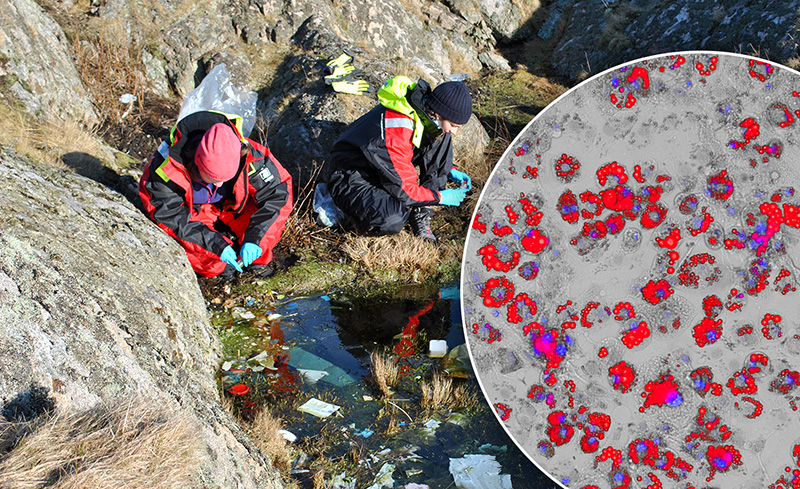
ENVITOX performs research on the occurrence and effects of a broad range of pollutants within biological systems from the molecular to the population level, using field sampling, controlled experiments (in vitro and in vivo) as well as mathematical modeling.
We take integrated approaches to study the impacts of pollutants, climate change, habitat degradation and disease on a variety of temperate and arctic species, currently including crustaceans, fish, birds and mammals. We also investigate how plastics and other synthetic agents (e.g., endocrine disrupting chemicals) affect human and ecosystem health.
Research groups
Molecular and Cellular Toxicology and Physiology
(PI: Augustine Arukwe)
Wildlife Toxicology
(PI: Tomasz M. Ciesielski)
Individual and Population Effects of Multiple Stressors
(PI: Veerle Jaspers)
Arctic and Marine Ecotoxicology
(PI: Bjørn Munro Jenssen)
Bioanalytical Toxicology
(PI: Martin Wagner)
Overall research aims
Recognizing pollution is a global challenge for biodiversity and human wellbeing, we want to
- Advance integrative research to understand how the effects of pollution propagate across the levels of biological organization, from molecules to ecosystems,
- Stimulate predictive approaches in environmental toxicology focusing on relevant exposures and impacts, including those on human health,
- Increase the impact of our research on societies.
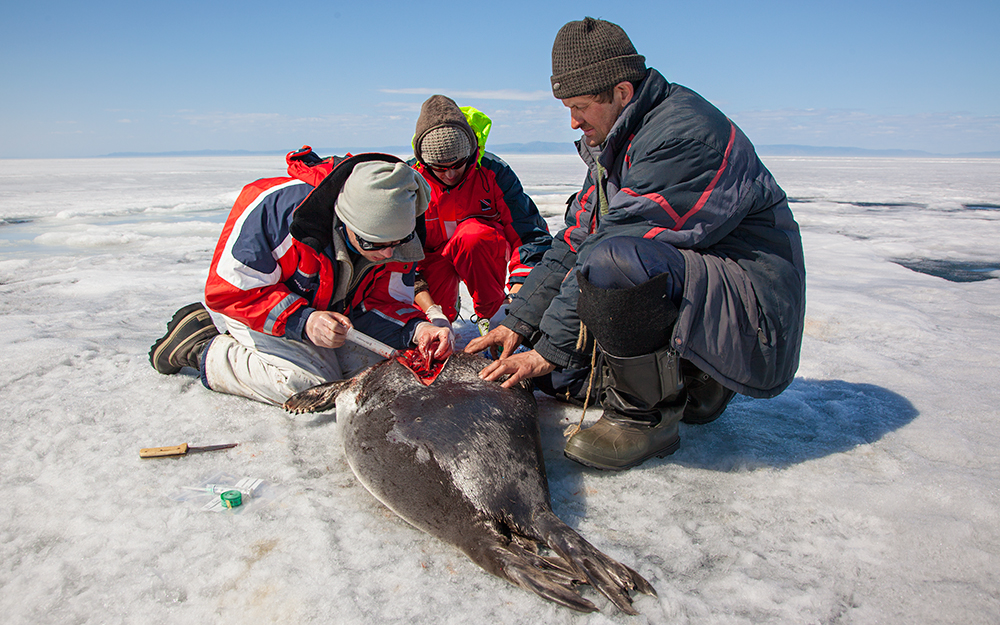
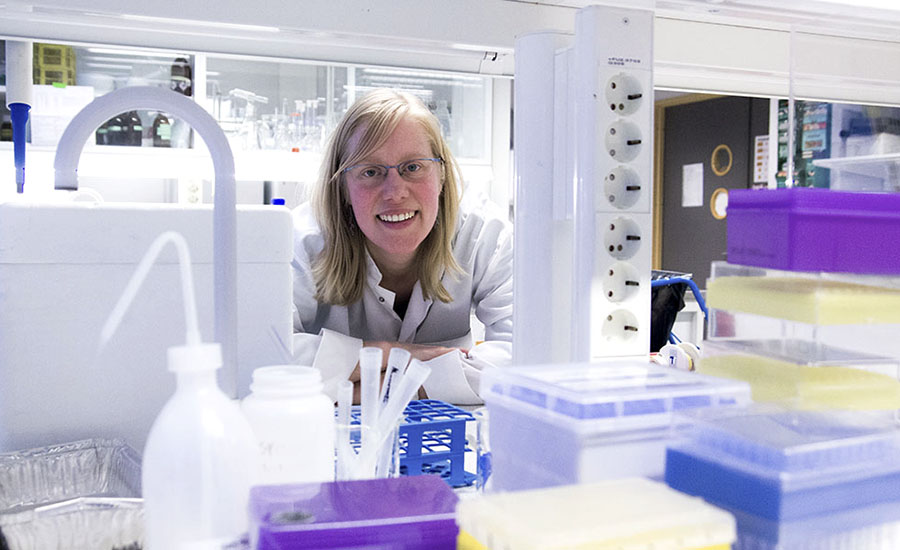
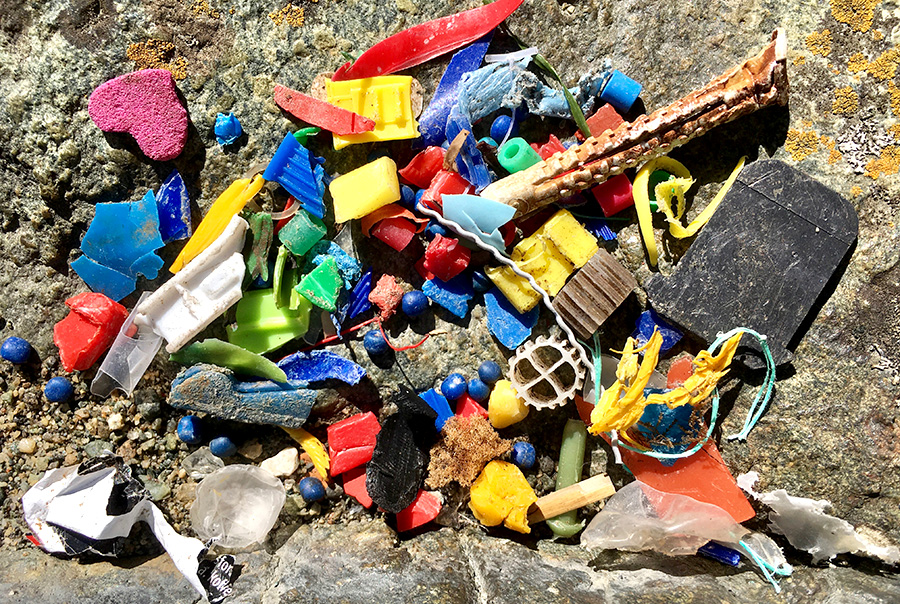
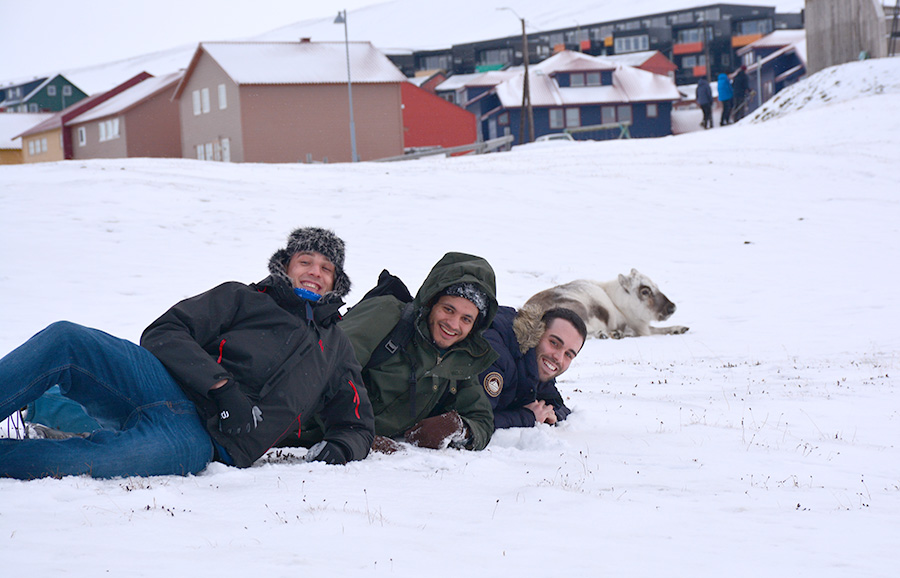
Academic staff
-
Augustine Arukwe Professor
+4799552728 augustine.arukwe@ntnu.no Department of Biology -
Tomasz Maciej Ciesielski Research Professor
tomasz.m.ciesielski@ntnu.no -
Veerle Leontina B Jaspers Professor
+47-73596080 veerle.jaspers@ntnu.no Department of Biology -
Bjørn Munro Jenssen Professor
+47-73596267 +4791897120 bjorn.munro.jenssen@ntnu.no Department of Biology -
Åse Krøkje Professor
+47-73596126 +4791853713 ase.krokje@ntnu.no -
Martin Wagner Professor
martin.wagner@ntnu.no Department of Biology
